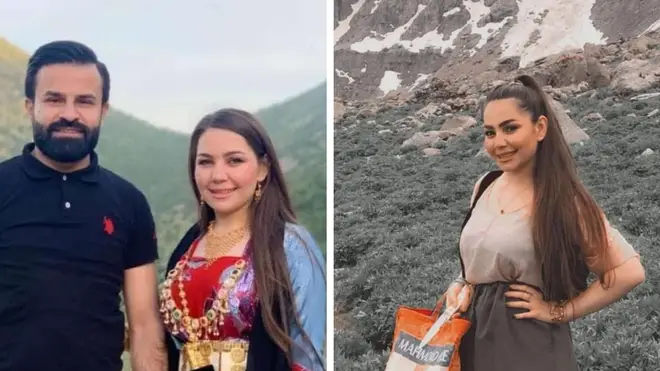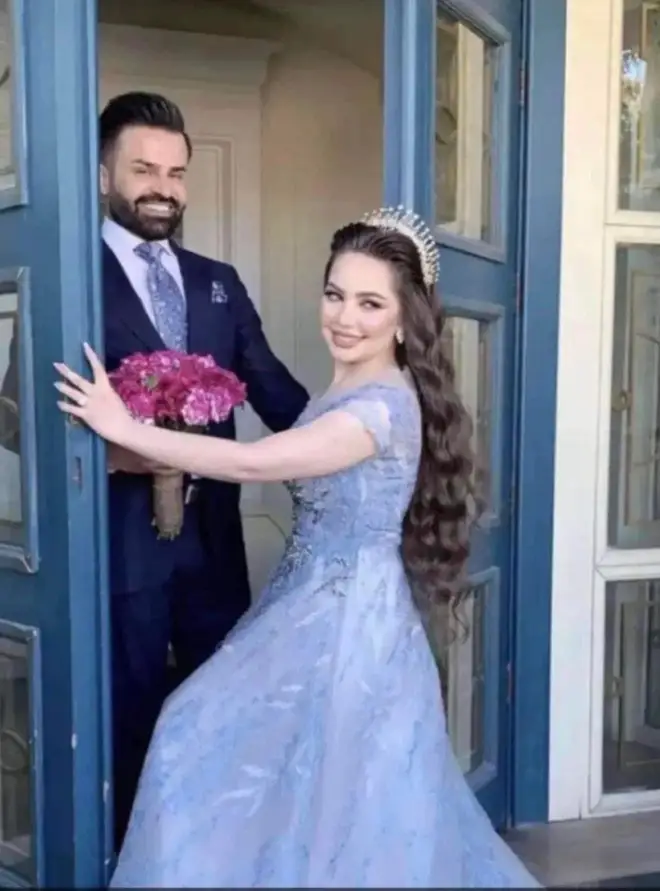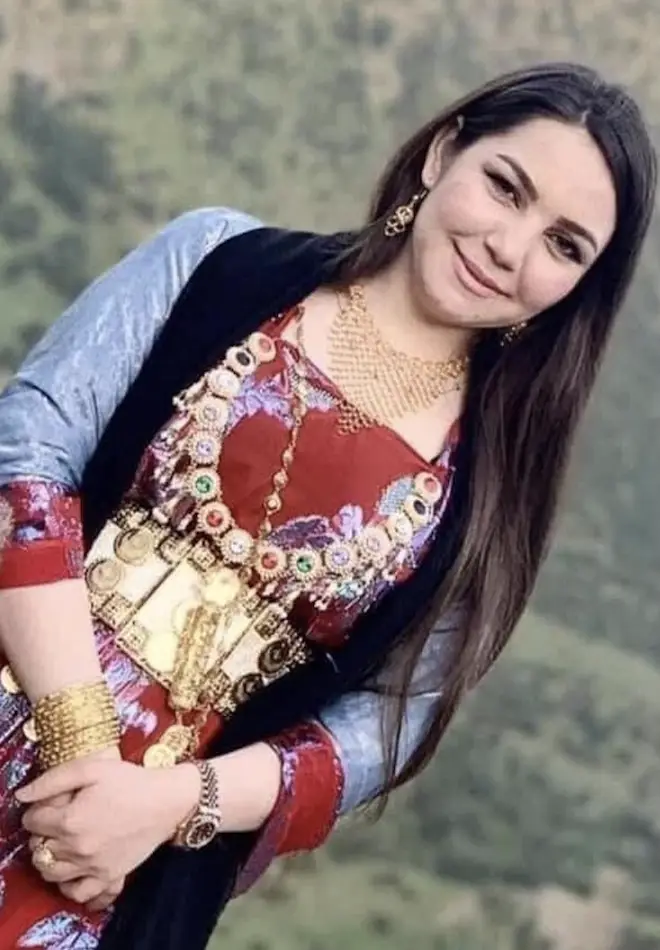
Paul Brand 10am - 12pm
26 November 2021, 21:46

The first victim of the English Channel tragedy has been named as Mariam Nouri Hamadameen - who was "glowing with hope" to reach her fiancé in the UK.
The 24-year-old, from Kurdistan, was one of 27 people who tragically died after a dinghy capsized off the coast of Calais on Wednesday.
Mariam's cousin, Krmanj Ezzat Dargali, told LBC she couldn't be happier to start a new life in the UK with her fiancé Karzan.
"She was very eager and she was glowing with hope - but instead of hope it ended in tragedy," said Mr Dargali.
Speaking of her dangerous attempt to cross the Channel, her cousin described it as "desperation" to join her loved one.
"It's very dangerous, it's like a suicide," he added.
Mr Dargali explained that she wasn't trying to reach the UK for work, but she was joining her future husband and pursuing love, but it ended in a terrible way.
"Her life ended, but the torture and the wounding and the excruciating pain for our family began," he said.
Read more: Migrants: Home Sec 'uninvited' from talks after PM called on France to take people back

Mr Dargali told LBC she was nicknamed Baran - which means rain in Kurdish - and said her death is "not a tragedy of one family, it's a tragedy of Kurdistan too".
He said the migrant crisis is "frustrating" and believes more needs to be done to stop people dying in this inhumane way.
He continued: "I hope, and we hope, and the Kurdish people hope, that there is a better way of people being able to join their family in a more safe and secure way, instead of going through this mere chance of death, because these guys, the people who do this kind of work, they are really killers."
Mariam made the journey on Wednesday as she was unable to get a visa to the UK, Mr Dargali explained.
Read more: Living in Syria 'scarier' than risking life in Channel: LBC speaks to migrants in Calais

She managed to get a visa to Germany and to France, but couldn't come to the UK, which was when she chose to cross the Channel in the inflatable boat.
She had hoped to continue her studies here, and was described as a "promising young lady" by her cousin.
The criminals behind the crossings "choose money and profit over lives", Mr Dargali said.
"They couldn't care less about lives being lost.
"They are the worst form of human beings and I hope France and Great Britain will find a way to prosecute them. I hope they pay the price for this heinous crime."
Mariam's family will spend four days mourning her death and celebrating the life she lived.

LBC reports from Calais as people still trying to cross channel
About 26,000 migrants have crossed the Channel so far this year, three times the total for the whole of last year.
The tragedy on Wednesday marked the deadliest day of the crisis so far, and prompted Boris Johnson to send French president Emmanuel Macron a list of demands to reduce the number of crossings made.
One of these was a call for France to take back people who manage to make the crossing – sparking a full-scale diplomatic row today.
Mr Johnson’s letter, published on Twitter last night, enraged France to the extent that the country’s Interior Ministry uninvited UK home secretary Priti Patel from a meeting of leading European ministers in Calais to discuss the crisis.
In a rant on BFMTV this morning, government spokesman Gabriel Attal also said of Mr Johnson: “Every time he has a problem, he thinks that Europe should handle it.”
But transport secretary Grant Shapps told LBC this morning it was not a “mis-step” by the PM.

Naturalised migrant debunks stereotypes of asylum seekers
“It [the letter] proposes a joint or reciprocal maritime patrol in each other’s waters so we can help to tackle this.
“I think it’s important that we do work together, because the scenes in the Channel are absolutely tragic and it’s incumbent on us all to do everything we possibly can to stop these criminal gangs from operating. You can’t do that without talking.”